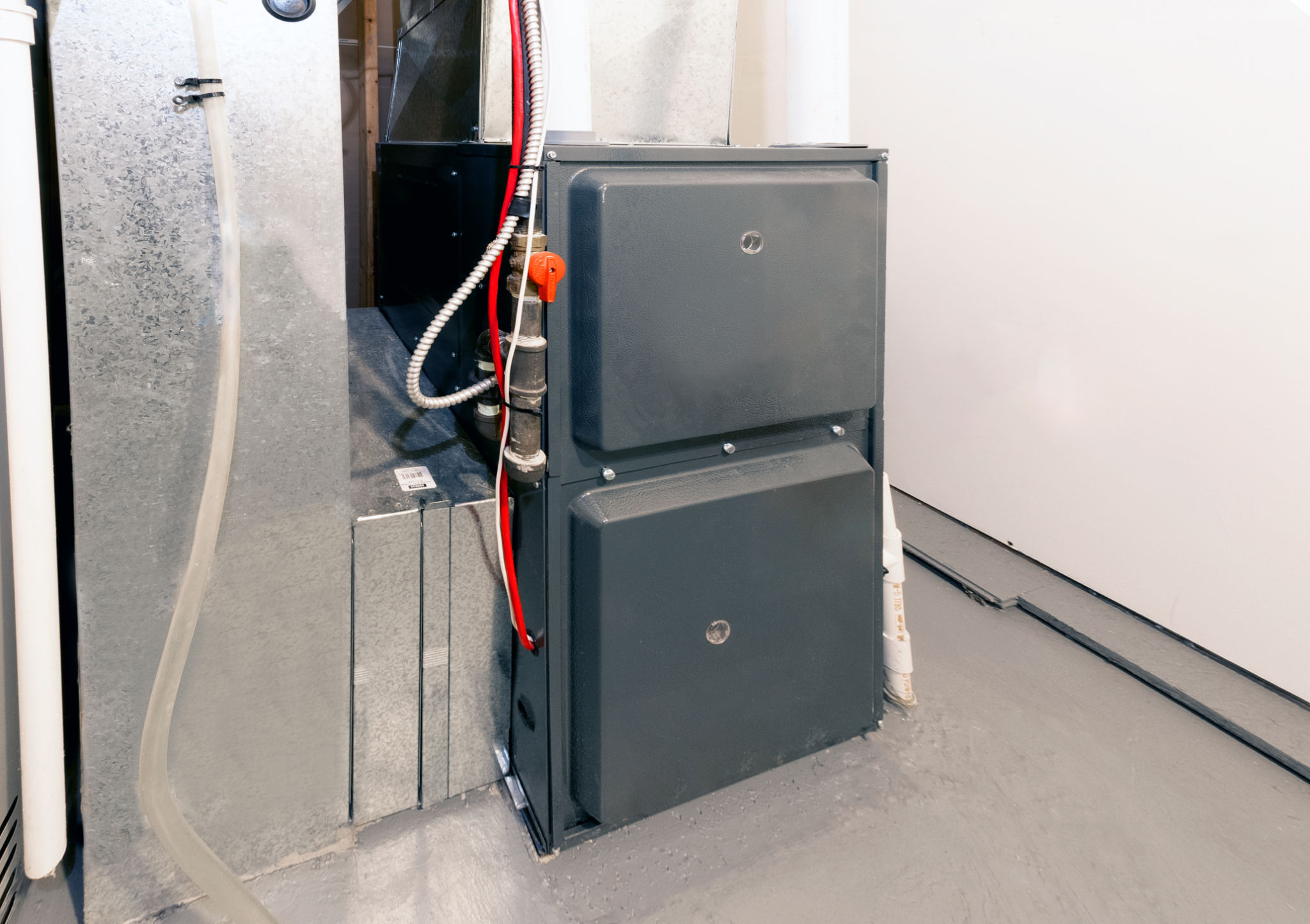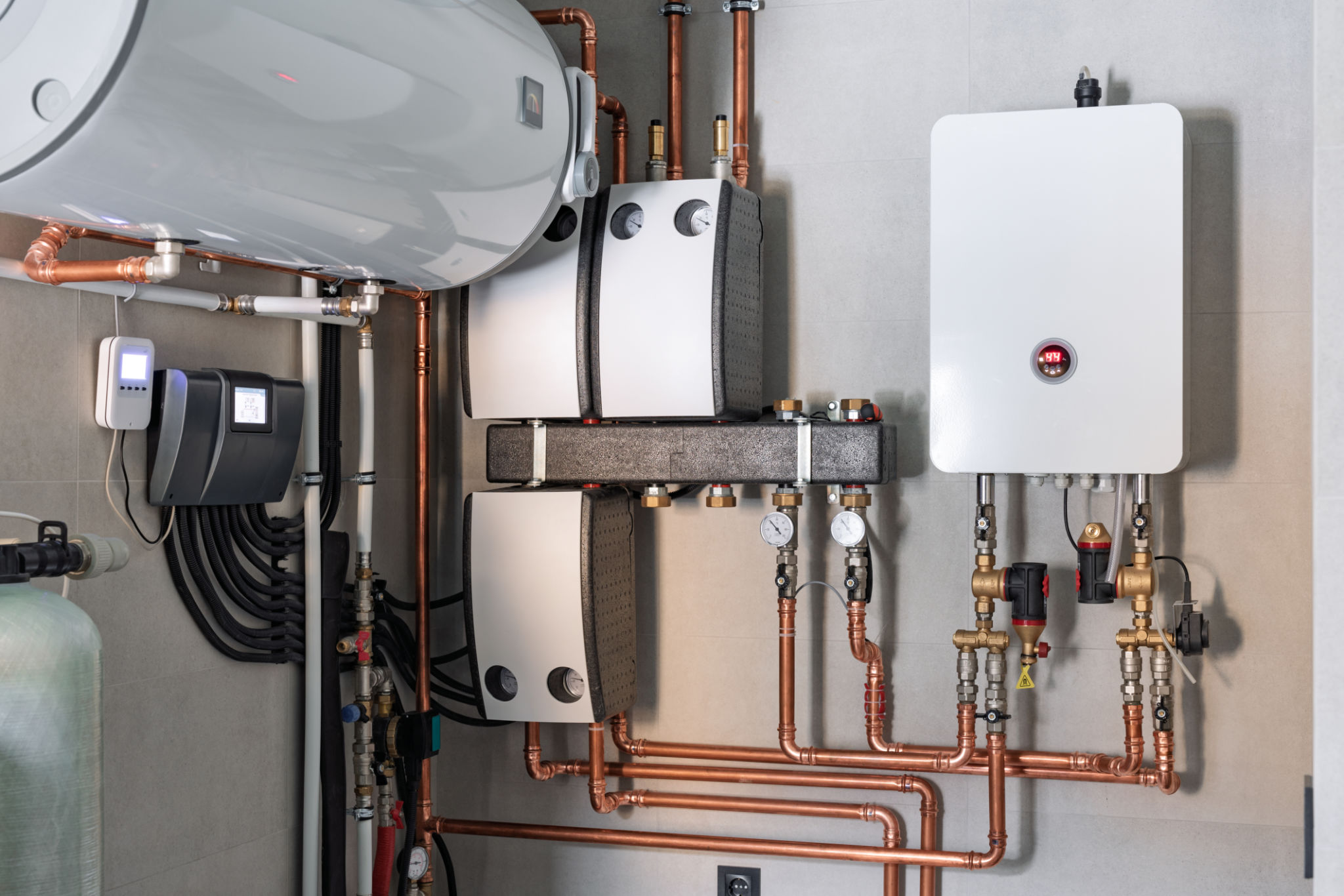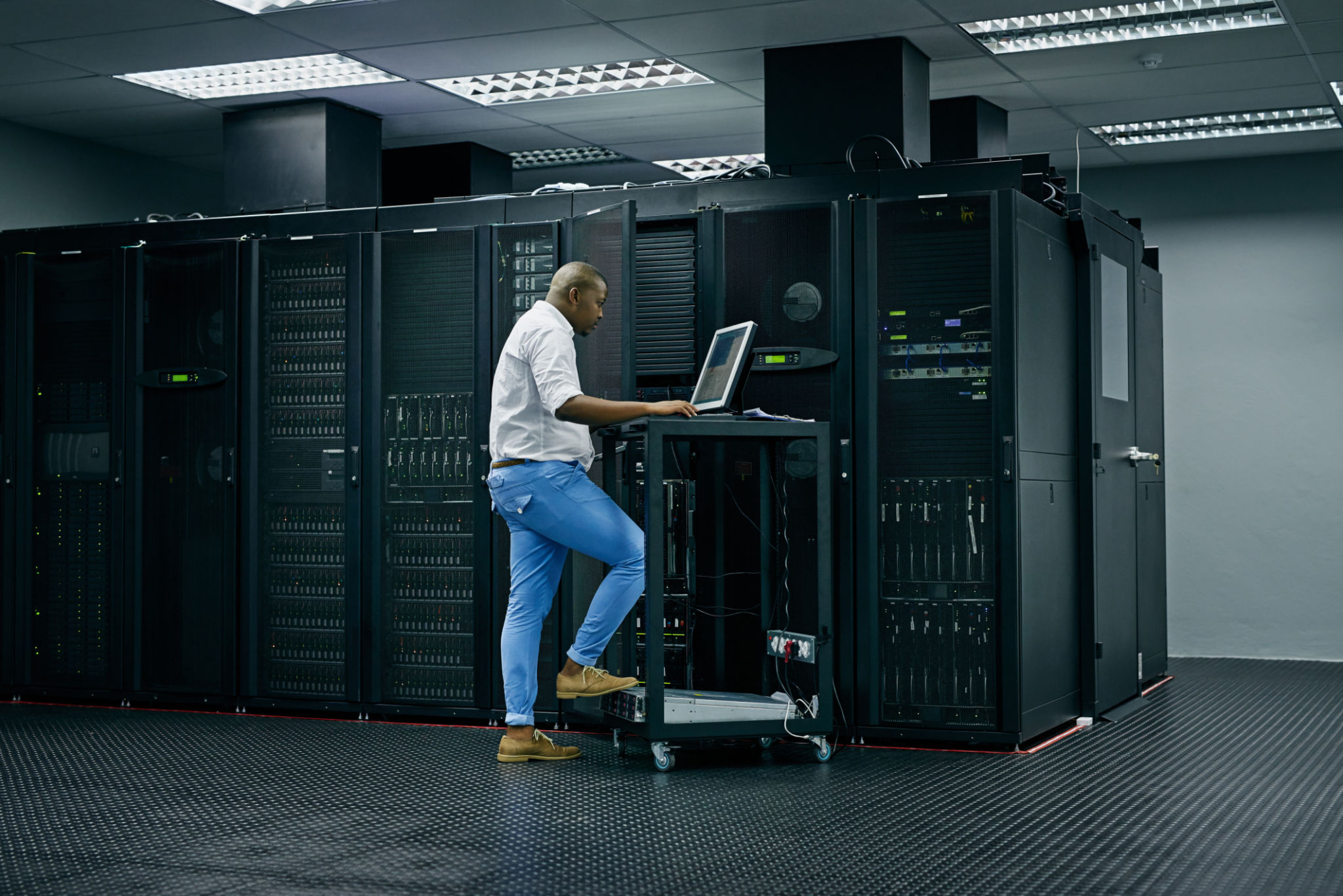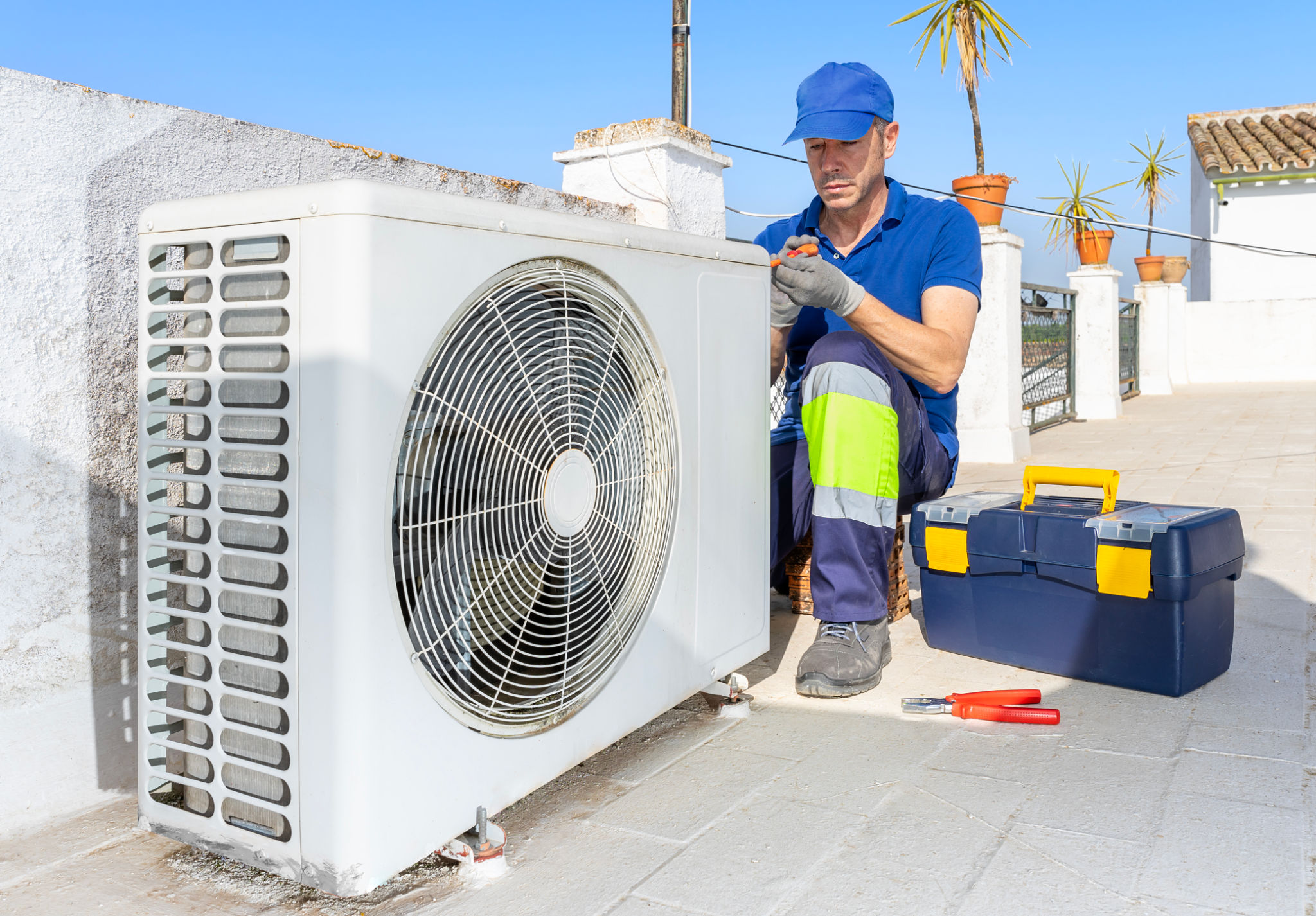Step-by-Step Furnace Installation: What to Expect
Understanding Furnace Installation
Installing a furnace is a significant home improvement project, often best left to professionals. However, understanding the process can help homeowners prepare for the installation, making it a smooth and efficient experience. Whether you're replacing an old furnace or installing a new one, knowing what to expect can empower you during the decision-making process.

Initial Consultation and Assessment
The first step in any furnace installation is the initial consultation and assessment. A qualified technician will visit your home to evaluate your current heating system, discuss your heating needs, and recommend the appropriate furnace type and size. This step is crucial as it ensures that the new system will efficiently heat your home without wasting energy or causing excessive wear on the unit.
Choosing the Right Furnace
Once the assessment is complete, it's time to choose a furnace that fits your needs and budget. There are various types of furnaces available, such as gas, electric, and oil. Each type has its own advantages and considerations. For instance, gas furnaces are highly efficient but require a gas line hookup, while electric furnaces are easier to install but may have higher operating costs. Make sure to discuss these options with your technician to make an informed decision.

Preparing for Installation Day
With the furnace selected, the next step is preparing your home for installation day. This involves clearing the area where the furnace will be installed and ensuring there is easy access for the technicians. Removing any obstacles can help speed up the installation process and reduce any potential hazards. Additionally, you might need to make arrangements for any necessary permits or inspections required by local regulations.
The Installation Process
On installation day, the technicians will first remove the old furnace if necessary. They will then proceed to install the new unit, which involves connecting it to your home's ductwork, electrical system, and fuel source. This step is critical for ensuring that your furnace operates safely and efficiently. The technicians will also install a new thermostat if required and make any necessary adjustments to ensure that it works seamlessly with your new furnace.

Post-Installation Checks
After the installation is complete, the technicians will perform a series of checks to ensure everything is functioning properly. This includes testing the furnace's efficiency, checking for any leaks, and verifying that all connections are secure. They will also demonstrate how to operate the new system and provide maintenance tips to keep it running smoothly.
Understanding Maintenance Needs
Regular maintenance is essential to prolong the lifespan of your furnace and maintain its efficiency. During the installation process, technicians often provide guidance on maintenance schedules, such as when to change filters or schedule professional tune-ups. Keeping up with these tasks can prevent unexpected breakdowns and save you money in the long run.

In conclusion, understanding each step of the furnace installation process can help you be better prepared and more comfortable with this home improvement project. By knowing what to expect, you can ensure that your new furnace provides reliable and efficient heating for years to come.